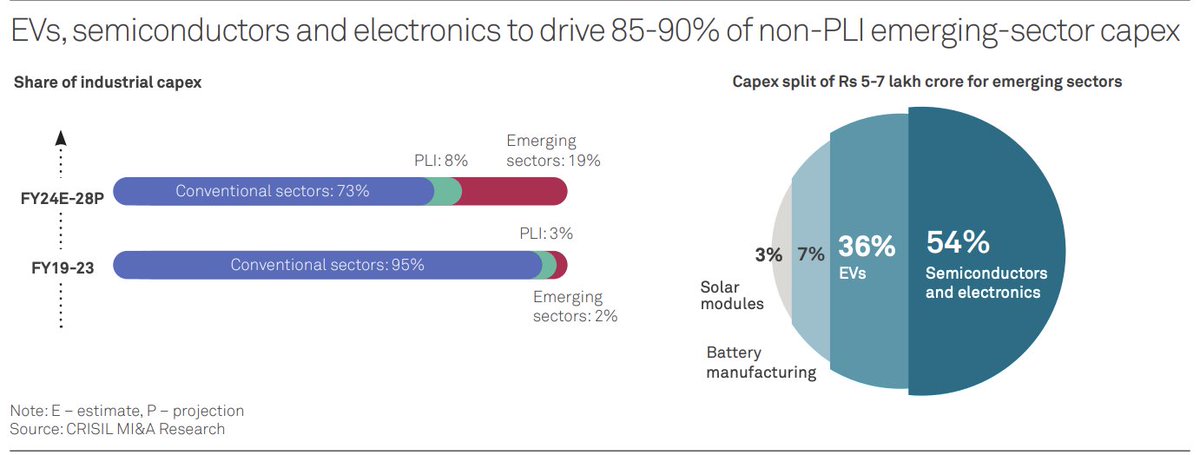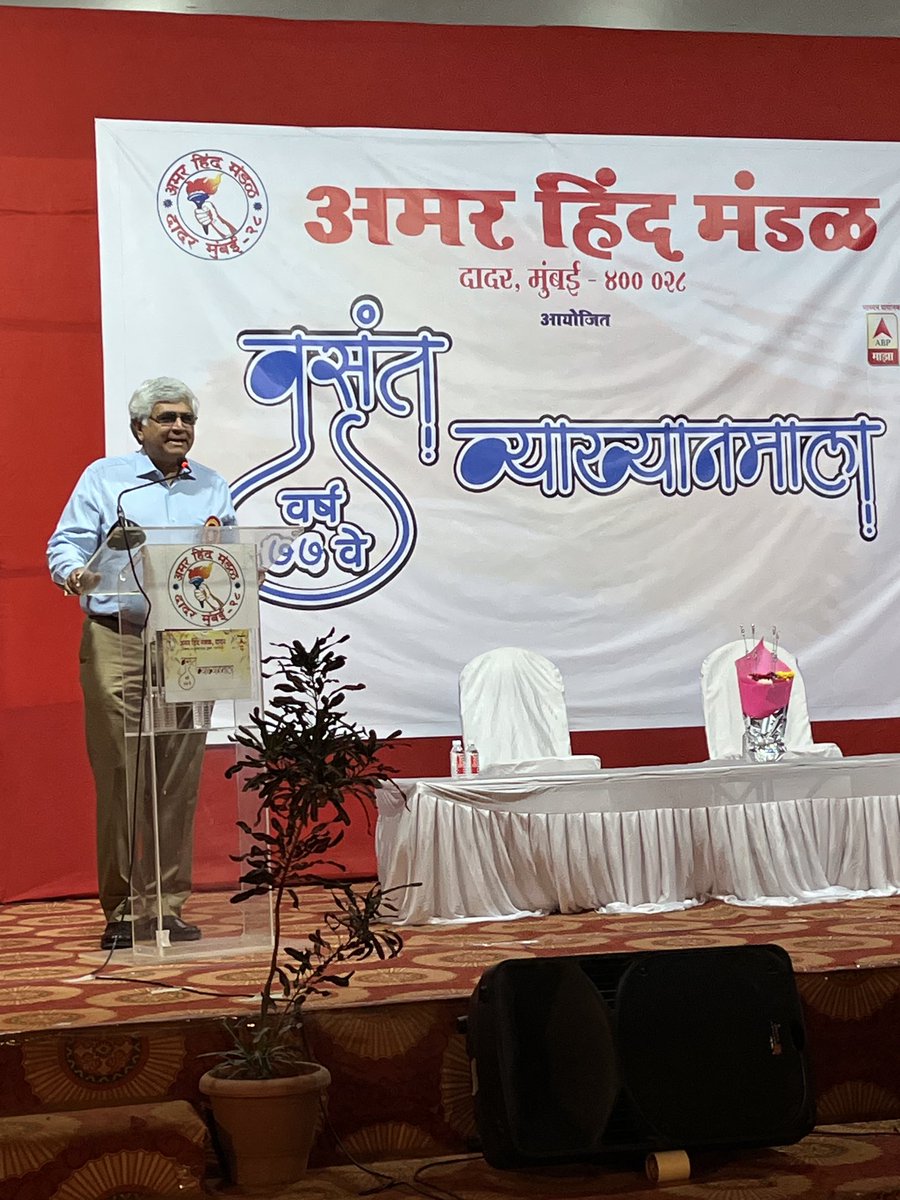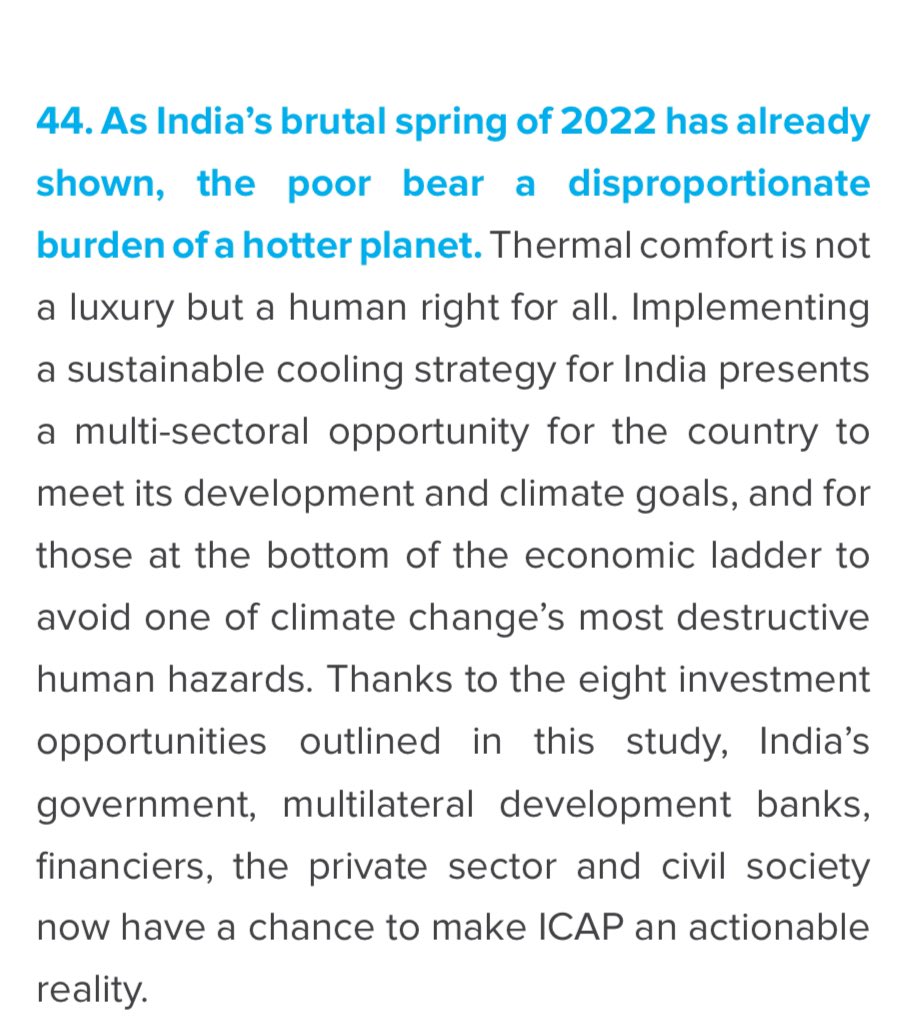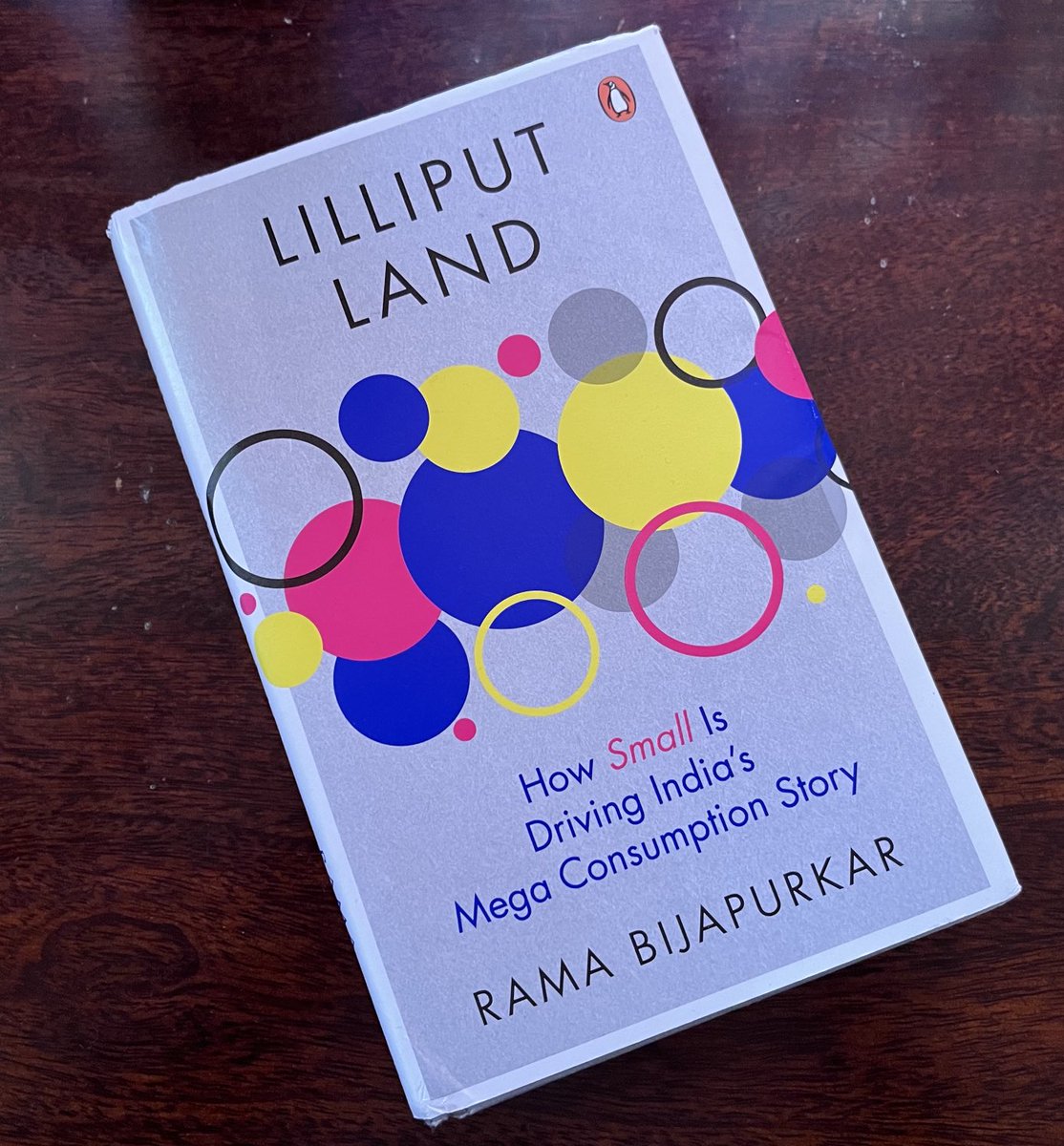
Niranjan Rajadhyaksha
@CafeEconomics
अति सर्वत्र वर्जयेत्
ID:4170504922
12-11-2015 10:04:45
8,3K Tweets
23,8K Followers
937 Following



Poverty usually declines with agriculture’s share of GDP. India performance breaks that trend after 2011. 'Headcount poverty dives vertically down at the same share of agriculture in GDP over the last decade.' Why?
By Maitreesh Ghatak and Rishabh Kumar
theindiaforum.in/economy/povert…




ICYMI, historian Janaki Bakhle joined me on #GrandTamasha this week to discuss her monumental book, 'Savarkar and the Making of Hindutva,' in which the author immerses herself into Savarkar's writings (and the writings about him) in Marathi grand-tamasha.simplecast.com/episodes/savar…


A must-watch interview with my friend Anirudha Dutta, who has been saying for a decade that our development story will be meaningful only if women have a bigger role in the economy, society and politics. His book caught the early signs of change in 2015.
youtube.com/embed/O3gRvANa…

What a lovely post! His remark -- ही फुलं कोमेजून जातील -- reminds me of a poem by one of my favourite poets, and I think Kaushal S Inamdar| कौशल इनामदार's as well ...
वेळ झाली भर माध्यान्ह, माथ्यावर तळपे ऊन
नको जाऊ कोमेजून, माझ्या प्रीतीच्या फुला
-- कवी अनिल

“Increasing budgets on programmes without improving the efficiency of the Indian state is like spending money on more fuel for an antiquated car”
This is Karthik Muralidharan speaking at the Artha Global office on his superb new book, Accelerating India’s Development.
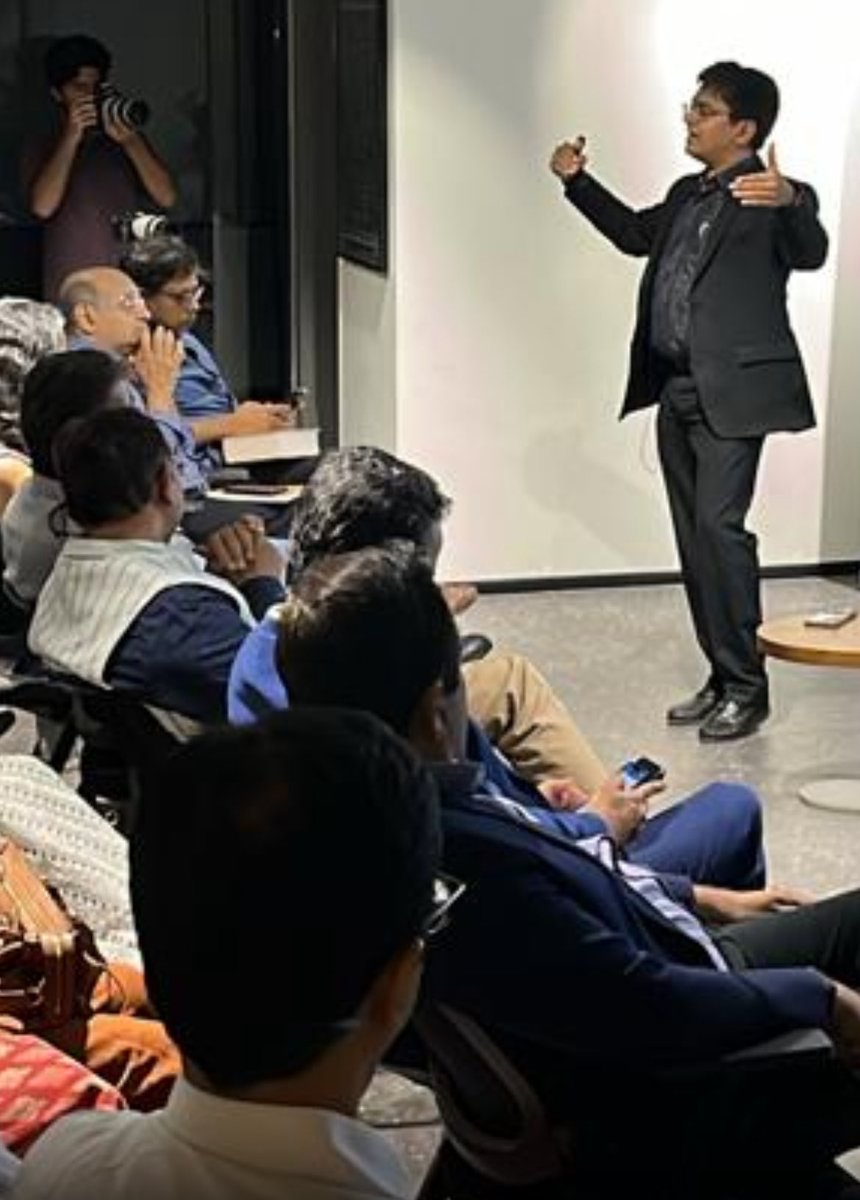

Sharp piece by Sachchidanand Shukla on the utility of R-star for monetary policy makers. It is unobservable, varies across the business cycle and estimates come with large standard errors. As the Shakespearean quip goes, 'the fault lies in R-star and in ourselves'.
livemint.com/opinion/online…




Capex cycles can often be driven by new industries rather than old ones – Schumpeterian versus Keynesian. Crisil projects that capex in semiconductors, electronics, EVs, batteries, solar will account for a fifth of all industrial investments between FY2024-28
cc: Dharmakirti Joshi (DK)
